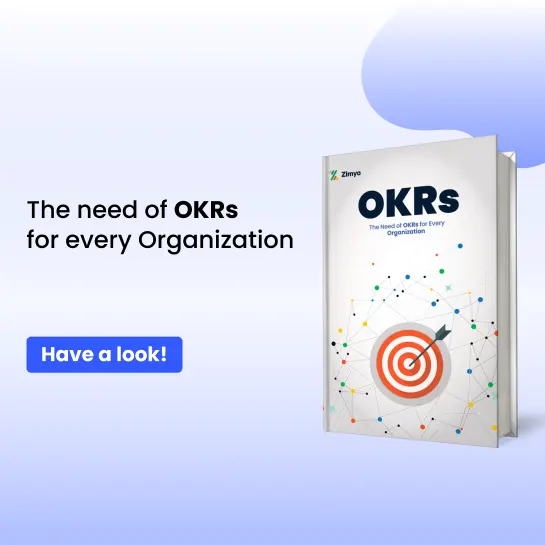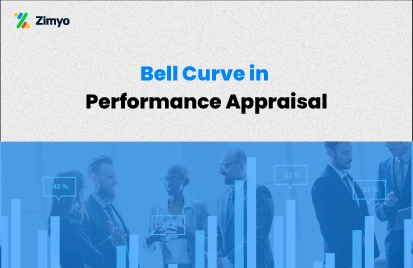We are facing difficult and uncertain times and so conducting performance appraisals during the pandemic becomes a tricky task. During this period, maintaining business processes undisturbed is a challenging thing to do. During this uncertainty, HR has the unenviable job of managing a variety of tasks- from crisis planning to maintaining smoothness in communication and operations. So, organizations must ensure that employees can work with minimal disruption to ensure some degree of normalcy. Sometimes, immersing yourself in your work is a good way to have some degree of control and shut out the rest of the world.
However, now the question arises- “Are performance appraisals still necessary during this crisis?”.
The purpose of performance appraisals
Performance appraisals are conducted so that managers can know what the strengths and weaknesses of the employees are and how they can provide the best help to their employees to grow and solve any problems that they might have. Evaluation is also a good tool in measuring the differences between low performing and high performing employees and to gauge the average skill set of the employees. These evaluations are the basis of important things like bonuses, promotions, and potential for further training. This method was tried, tested, and worked under normal circumstances. However, now the circumstances have changed drastically and organizations should re-evaluate will be conducting performance appraisals during the pandemic.
We have come up with a few options that you may want to look at to decide how you may want to conduct appraisals going forward.
Option 1- Remove performance reviews entirely.
Performance appraisals are time and manpower-consuming process that can be dragged on, especially during a pandemic where everyone may not have a clear line of communication. The performance appraisal requires inputs from colleagues, managers, and a clear explanation of the methods and benchmarks used. The managers also have to take into consideration extenuating circumstances that may negatively affect the employees. These conditions, combined with the fact that performance appraisals may not be fair to everyone, means abandoning or at least delaying performance appraisal during the pandemic may not be a terrible option and may ease some pressure from employees.
Counterpoint- Performance appraisals are also a source of valuable data for managers to make meaningful decisions in the future. Scrapping performance appraisals may also mean scrapping bonuses tied to such appraisals, such as bonuses or extended vacations, which may anger high performing employees, who suddenly have no reason to keep performing at their current efficiency ratio, resulting in less manpower at a time where the organization needs all the effort it can get. Even if performance issues are identified, the managers may not be able to provide adequate support to the employees. If you are unable to provide support to the low performing employees who need it, then the whole situation can snowball out of control.
Option 2- Relax or lighten the performance review criterion.
In such stressful situations, employees may have to deal with some mental or physical stress, and may not be able to perform at their full capacity. In such a case, it might be beneficial for managers to relax certain performance goals and criteria so that employees have some time to breathe and do their work at a pace with which they are comfortable. Of course, in cases where you relax performance criterion, you also have to relax or defer the bonuses bundled with such appraisals. Also, a good strategy would be to reduce work hours or assign low priority tasks to those who are struggling, or give everyone the same bonuses and benefits irrespective of performance for some time.
What about bonuses?
No bonuses.-
In some cases, it might be better for the company to simply remove bonuses from the appraisals, or at least defer it. In some other cases, the company may not even have a choice in this matter, as financial restrictions may put a damper on profits and result in cost-saving measures across the board. Needless to say, this will harm employee morale and retention.
Same bonuses for everyone.
Another viable strategy is to make bonuses and benefits equal for everyone, removing pressure from low performing employees. However, you have to make sure that this does not become a habit for employees. This method could result in employees believing that lower-skilled work is acceptable or even rewarded at the same level as high skilled work. It also results in higher-skilled employees feeling left out and unfairly treated.
Conclusion
There is no right or wrong option in conducting appraisals during this pandemic. Whatever option you choose, you will face detractors, those are the times we live in. The best you can hope to do is benefit as many employees as possible while making sure the marginalized don’t suffer too much.







